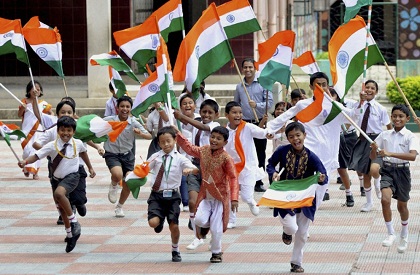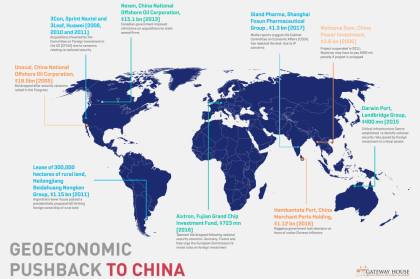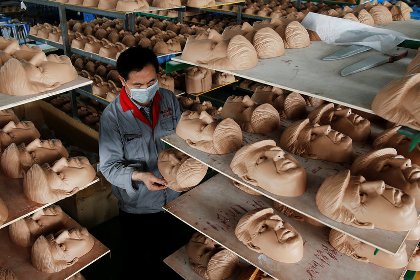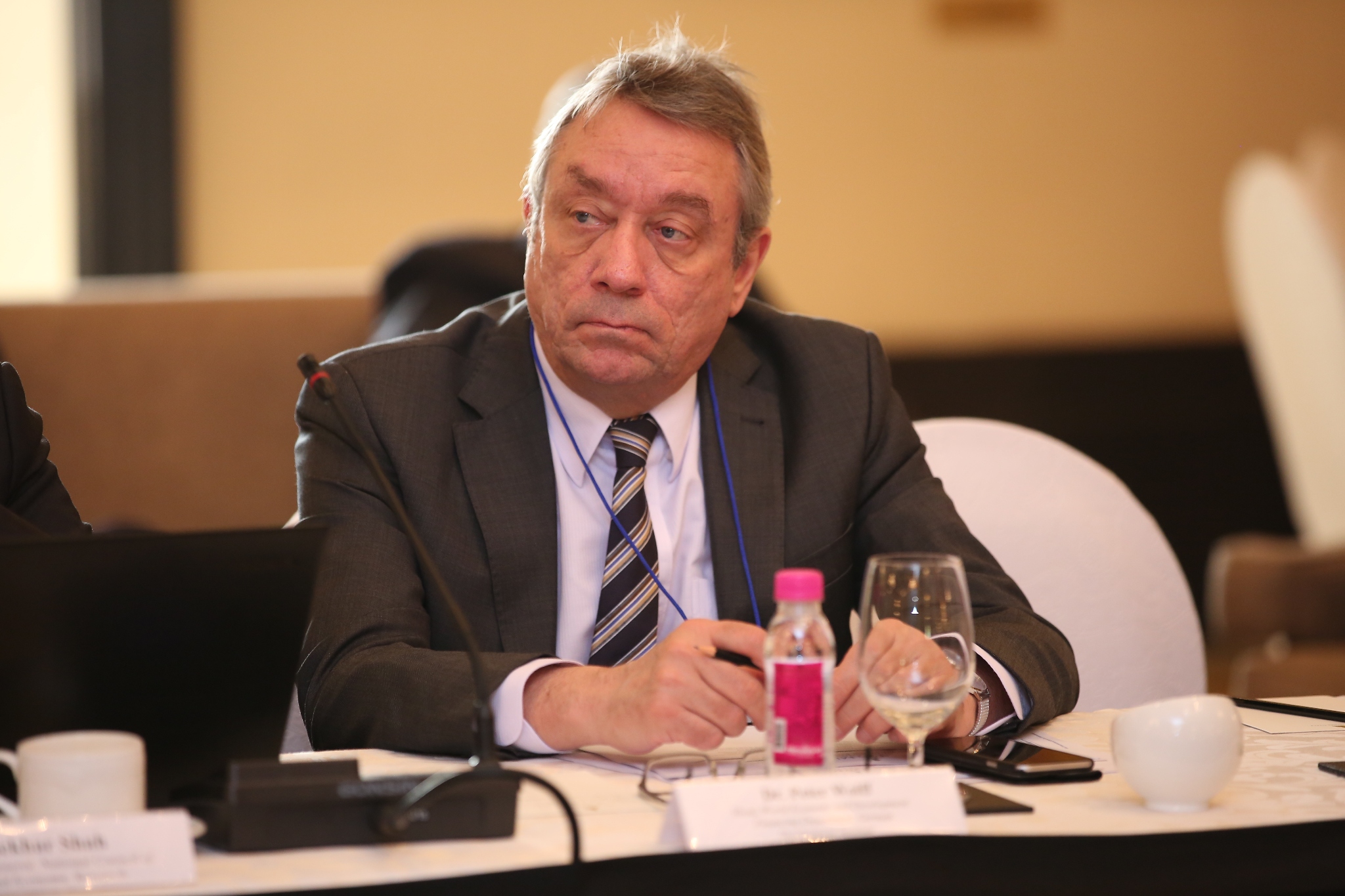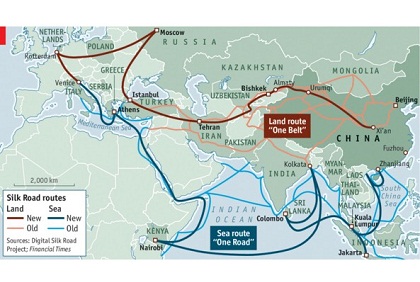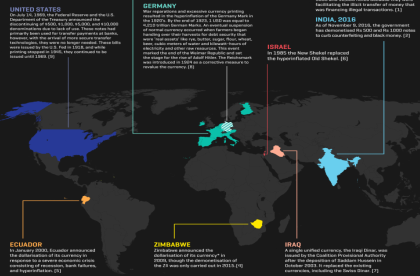The demographics of modern India
Modern India stands tall on August 15, 2017: over the past year, it has been seen as the fastest growing major country, macroeconomic stability has been re-established, and the GST implemented. Why, then, are so many stressing that India desperately needs reforms to its labour laws to keep the momentum going?

